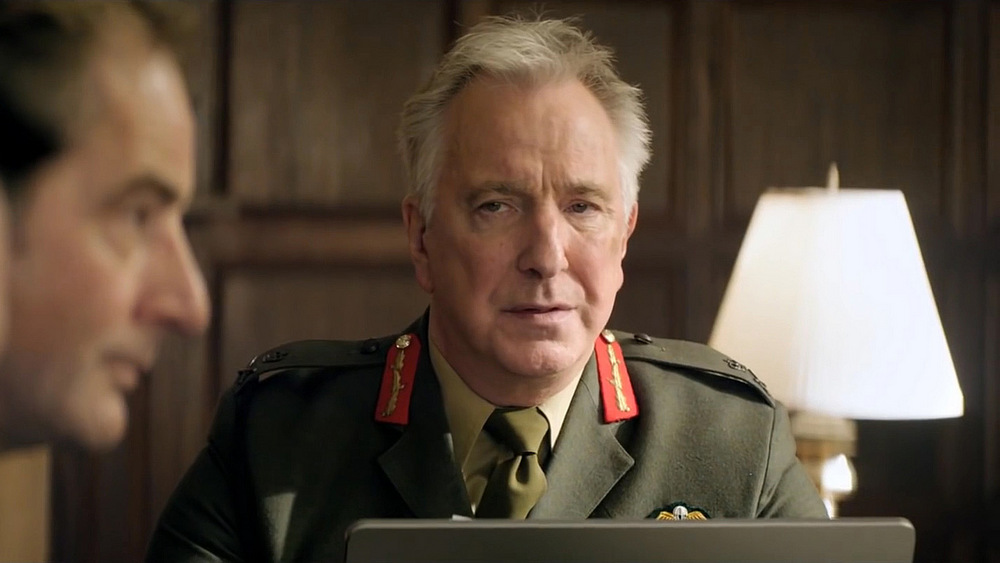As a black comedy about the absurdities of war and its attendant bureaucracy, Eye in the Sky is no Dr. Strangelove. Where the film succeeds, however, is in its willingness to grapple with a subject rife with the kind of ethical dilemmas even the most tech-savvy Cold War general couldn’t have imagined 50 years ago: The use of drones to observe, and frequently kill, targets in a war against terror.
While 2014’s Good Kill played as a personal drama about the psychological toll this almost surreal strain of modern warfare takes on pilots, Eye in the Sky offers a broader look at the institutional logic behind the decision to cause someone’s death with the push of a button thousands of miles away. That the film does this in the guise of a very effective thriller and an occasionally effective satire is remarkable.
Credit director Gavin Hood (Ender’s Game) for deftly navigating the film’s tonal shifts, from satire to thriller to, finally, tragedy. A uniformly excellent cast, including Helen Mirren and the late Alan Rickman in one of his last performances, does wonders with characters that are rarely in the same room.
Rickman is a weary British lieutenant general serving, via his laptop, as an intermediary between Mirren’s sharp-edged colonel and a group of white-collar governmental ministers who look like they’ve never encountered violence outside of a television screen. Through the 21st century version of a military party line, the colonel is also directly or indirectly communicating with an American drone pilot in Las Vegas (Breaking Bad’s Aaron Paul) and, closely tailing a group of suspected terrorists in Kenya, an undercover agent played by Barkhad Abdi (Captain Phillips).
When surveillance reveals several high-ranking targets on the U.S. president’s ominously named “list” trying on explosive vests and appearing to prepare for an imminent attack, the solution seems quite clear to the colonel, if not to everyone else: Order a drone strike to reduce the would-be suicide bombers, and their safe house, to rubble. Complications arise, even before a small girl begins selling bread nearby — just outside of the house, but well within the projected kill radius of a guided missile.
The girl’s appearance, captured by the drone’s all-seeing high-definition gaze, sends the American pilot into a paroxysm of anxious guilt and puts the British bureaucrats in a cold sweat as they work to rid themselves of any decision-making responsibility. They repeatedly “refer up” — to the U.K. Foreign Secretary as he endures a case of food poisoning; to the cavalier U.S. Secretary of State, playing ping-pong in China — in an effort to absolve themselves of making the call. (These scenes give the movie its hit-or-miss moments of dark comedy, and should earn it more than a few comparisons to Dr. Strangelove). Meanwhile, the suspense escalates as we’re left pondering two horrific conclusions. Either a child dies in a drone strike, or a group of terrorists commits a potentially devastating attack that kills dozens.
It’s a feature-length way to pose an old question, one given new dimensions by terrifying developments in humanity’s death-dealing capabilities: Would you kill one innocent person to save many more?
Eye in the Sky refuses to answer either way. It does ask us to consider what’s at stake in an ill-defined war where the rules of engagement haven’t caught up with military technology.






